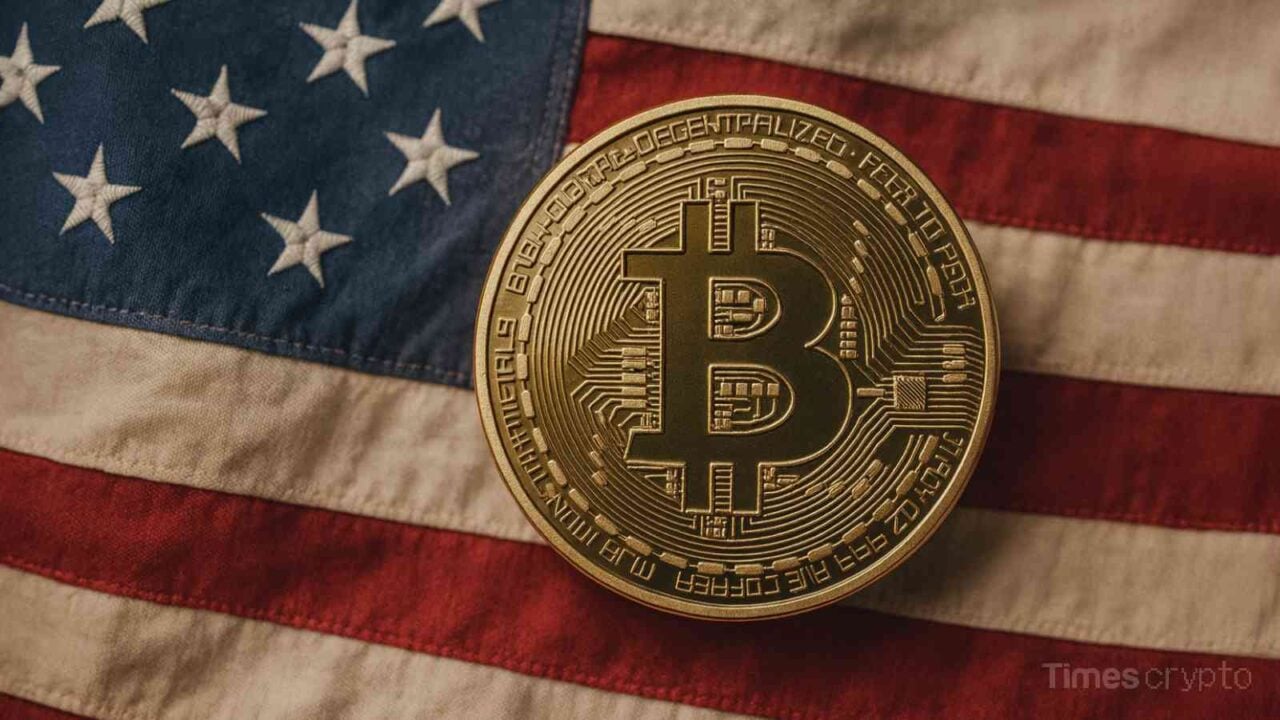Key Takeaways
- The U.S. government may have seized an additional $2.4 billion in Bitcoin linked to Cambodia’s Prince Group, following a record $14.4 billion crypto forfeiture earlier this week.
- Chen Zhi, founder of Prince Group, was indicted for orchestrating large-scale pig butchering scams and money laundering operations using trafficked workers in Cambodia.
- The seized Bitcoin could boost the U.S. strategic crypto reserve to 325,000 BTC, valued at roughly $36 billion at current market prices.
The U.S government seems to have expanded its history-cracking crypto seizure that may include an addition of another $2.4 billion worth of Bitcoin linked to the Prince Group investigation. According to on-chain analytics firm Arkham Intelligence, the transfer of about $2.4 billion Bitcoin was made between wallets linked to the now-defunct LuBian mining enterprise. The platform reported that the transfer could be an undisclosed government seizure.
US Government Seizes More Bitcoin
As per the post by Arkham on X, these assets were transferred into new wallets that were not reported on any public filings or lists of sanctions, which led to speculation that U.S. authorities have quietly executed another step in their ongoing crackdown on transnational crypto fraud networks. This comes after the Department of Justice (DOJ), announced on Tuesday that it had already confiscated 127,271 BTC worth approximately $14.4 billion belonging to organizations linked to the Cambodia-based Prince Group and its leader, Chen Zhi.
An indictment papers were unsealed in the Eastern District of New York and accuse Chen Zhi of conspiracy to commit wire fraud and conspiracy to commit money laundering. Zhi, still on the loose, is suspected of carrying out huge scams of pig butchering, scams of online romance that were employed to defraud the victims using the crypto. In case of conviction he can be sentenced to up to 40 years of prison.
Prince Group is accused of forced labor compounds in Cambodia to carry out crypto-related fraud against victims located in the United States, mostly. These operations were allegedly carried out by recruited workers most of whom were trafficked across the neighboring countries and were also detained behind barbed wire, threatened, and physically abused.
International Co-ordination and Sanctions
The U.S. Treasury Department has listed Prince Group as a transnational criminal organization, which has practically terminated its access to the American financial system. Huione Group, another large Cambodian conglomerate, was also sanctioned by treasury officials on the same accusation of laundering money obtained through cryptocurrency scams. The fines lock out all assets of such entities within the jurisdiction of the U.S and prevent any American company from conducting any transactions with them.
The actions, as described by Attorney General Pamela Bondi were an important move in breaking down global human trafficking and cyber-facilitated financial fraud networks. The case is one of the biggest combined criminal, financial, and cyber cases in the history of the United States of America.
U.S. Bitcoin Reserve Implications
The confiscated funds can make the U.S. strategic Bitcoin reserve many times larger, which had been created earlier this year as a part of a March executive order by President Donald Trump. Before this operation, the reserve had approximately 198,000 BTC, which is worth over $22 billion. When the new-acquired holdings are officially verified and included, they may increase to around 325,000 BTC, which is about $36 billion in the present market value.
Treasury Secretary Scott Bessent has stressed that the seizures are part of a continuing process to reclaim assets linked to fraudulent business practices that have ruined thousands of U.S. citizens financially. It has observed that the aim of the government is to break up criminal crypto networks and ensure that the ecosystem around digital assets is no longer abused.
Read More: Corporate Bitcoin Holdings Hit 1.02M BTC, What Does It Mean?







